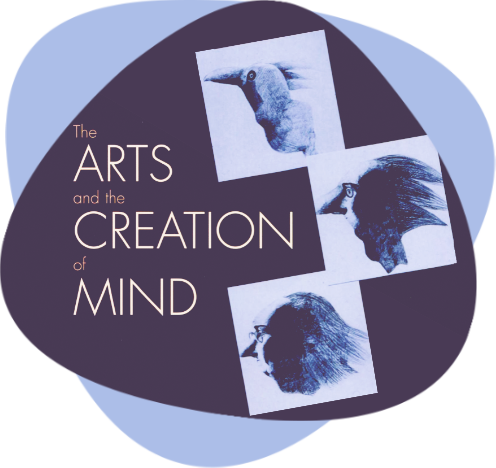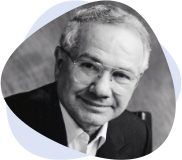Elliot Eisner’s book ‘The Arts and the Creation of Mind’ (Yale University Press, 2002) covers many of the questions one would want to ask about art education: what are good reasons for doing it? What areas of the brain does it support? And how do we assess whether it has any effect?
This downloadable pdf features the chapter on assessment from ‘The Arts and the Creation of Mind’. In the first section, it looks at the difference between evaluation to ‘take the educational temperature of a population’ (like national literacy tests), and assessing the progress of an individual child.
The second section looks at what kinds of learning we might look for in arts subjects, while the third considers what we might assess in arts education: the curriculum that has been designed; the activities that are taught; or the outcomes of these two processes. Note how he says ‘many outcomes, maybe the most important ones, might not be related to learning objectives.’

